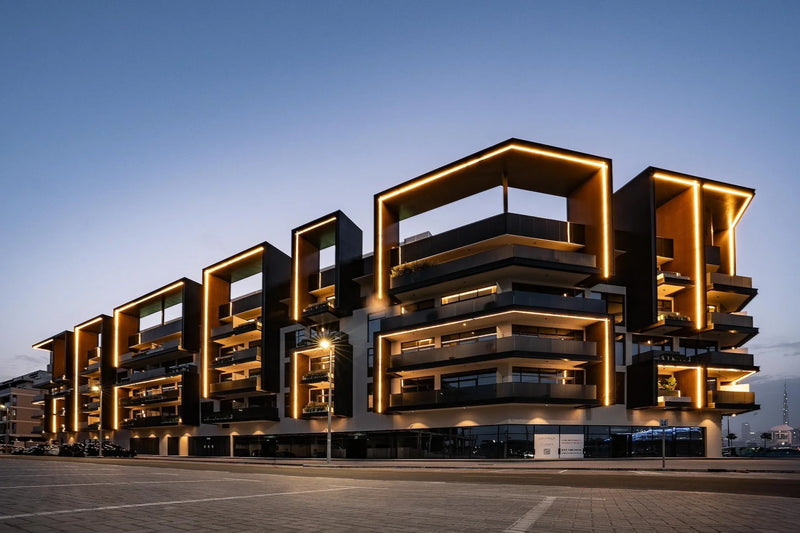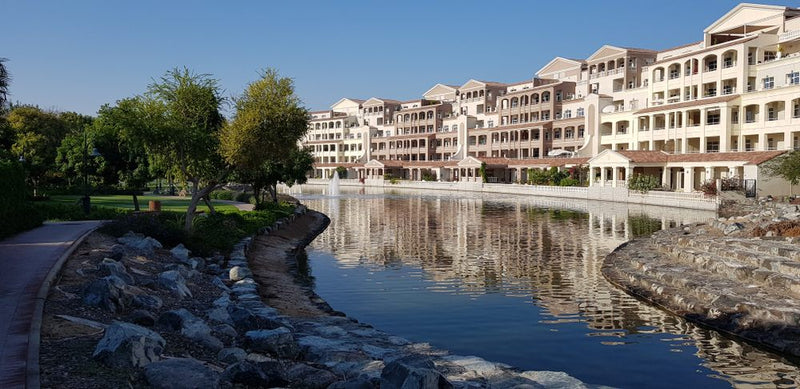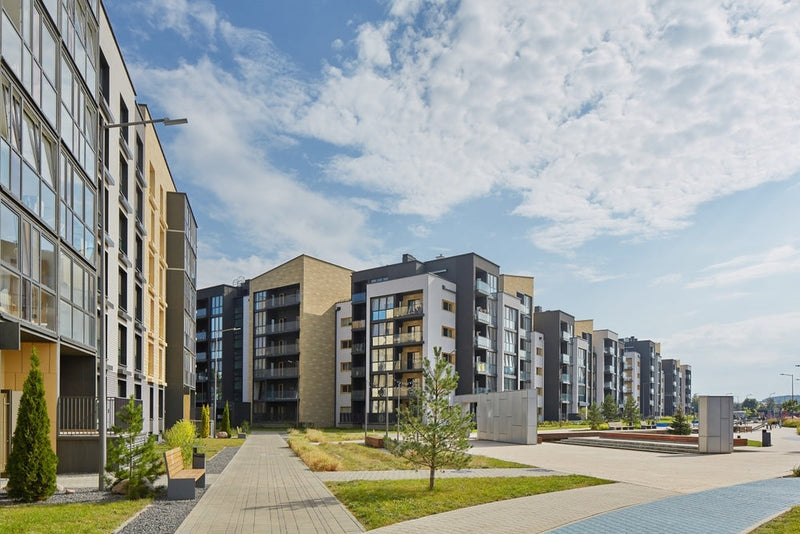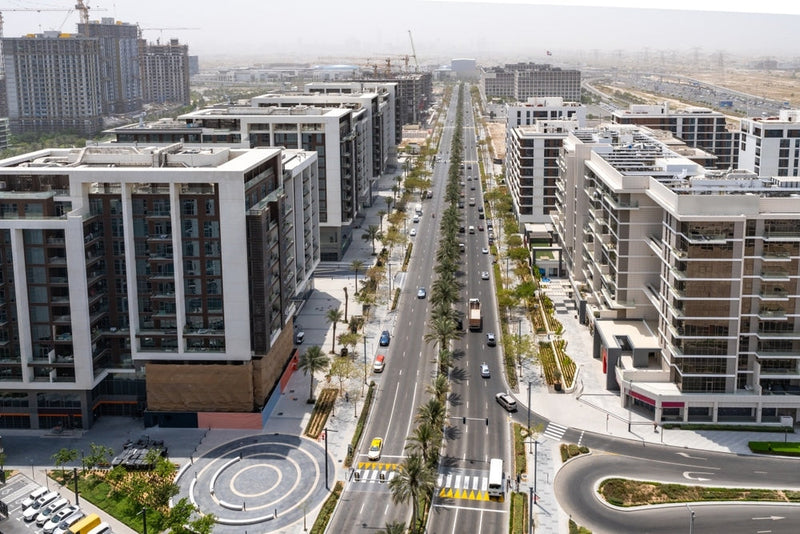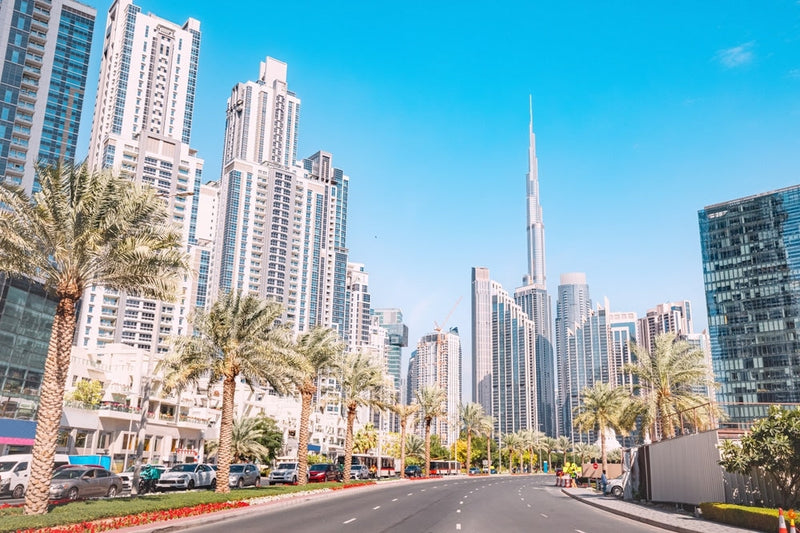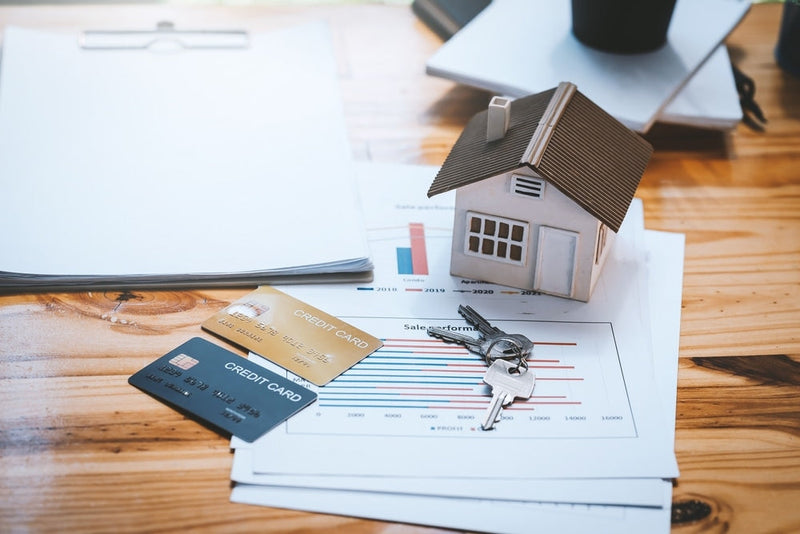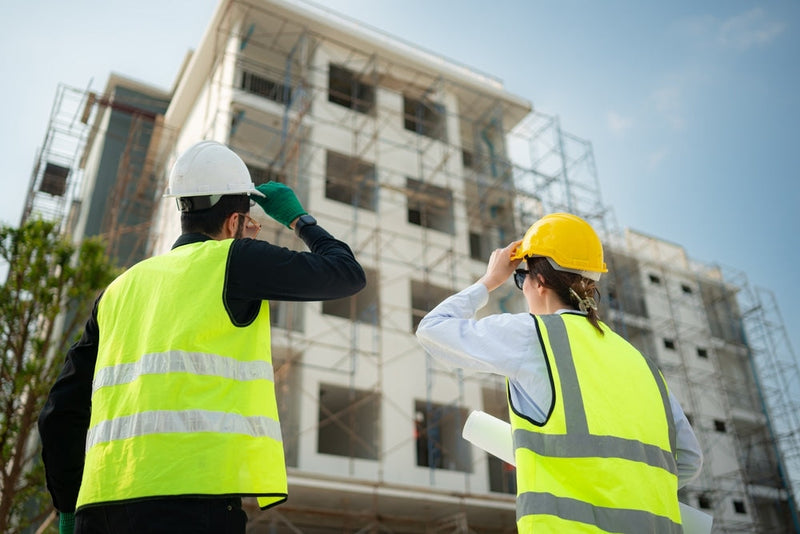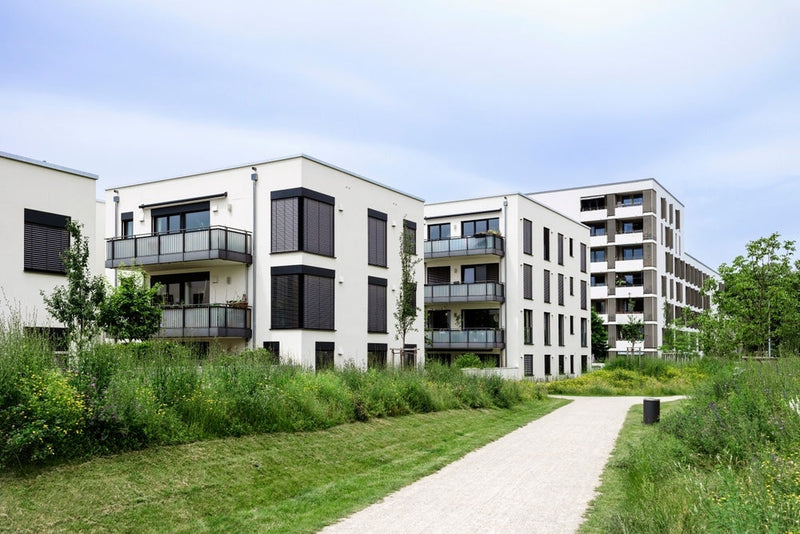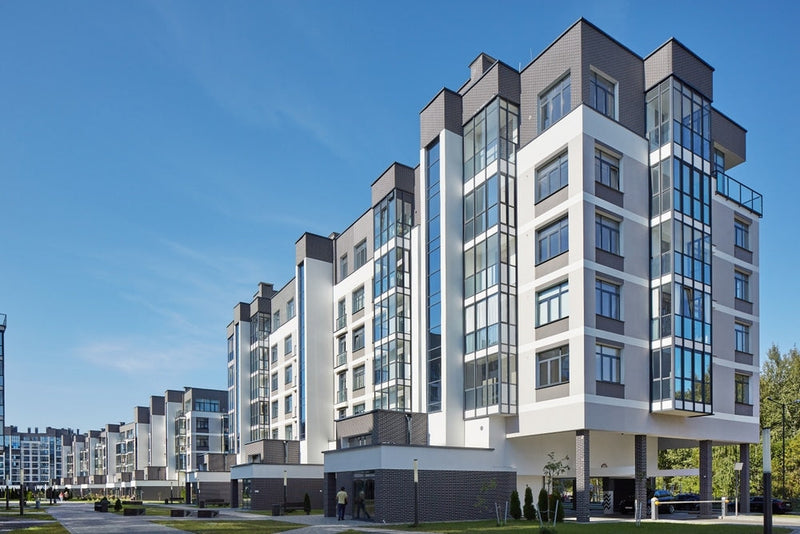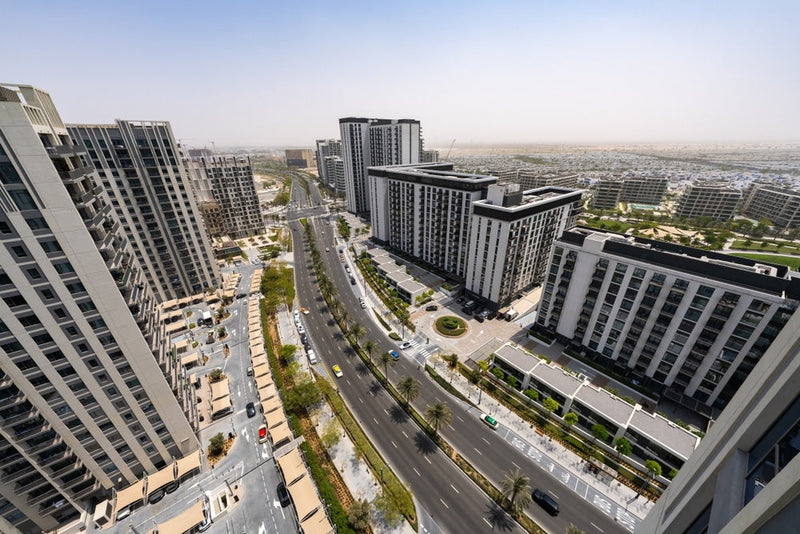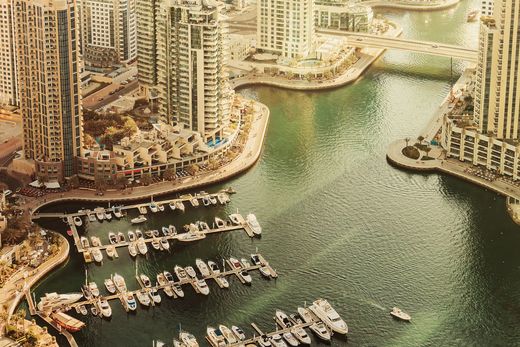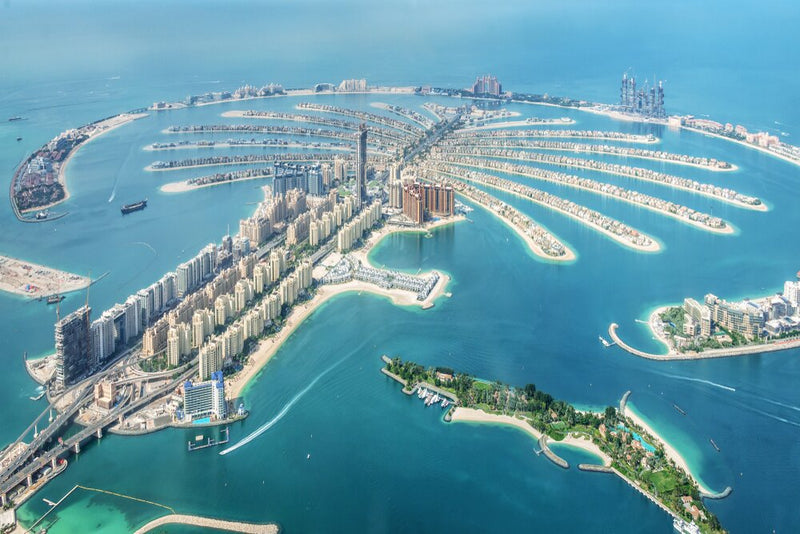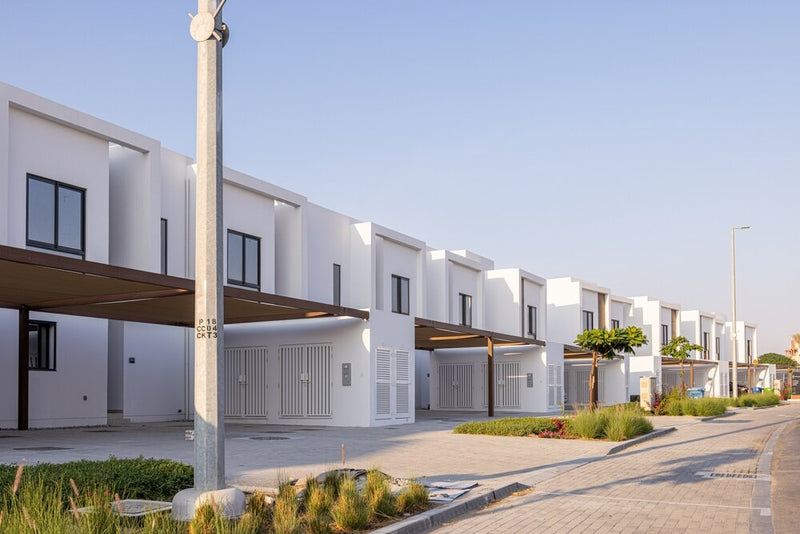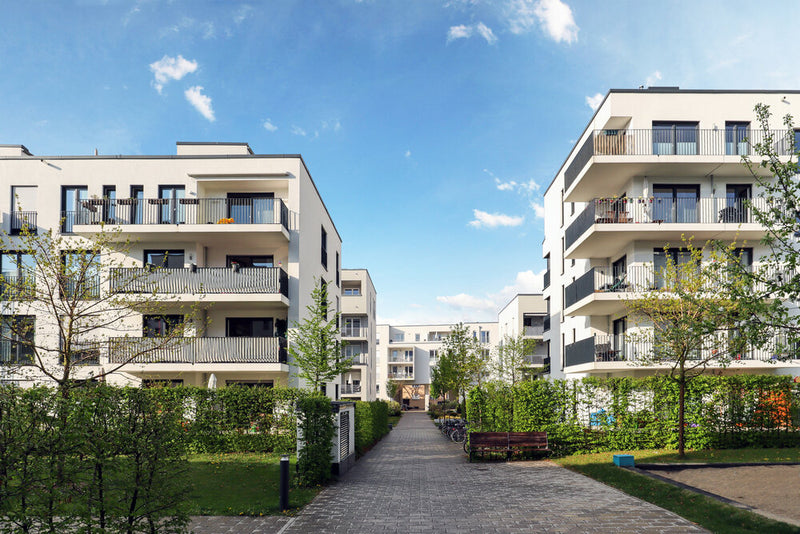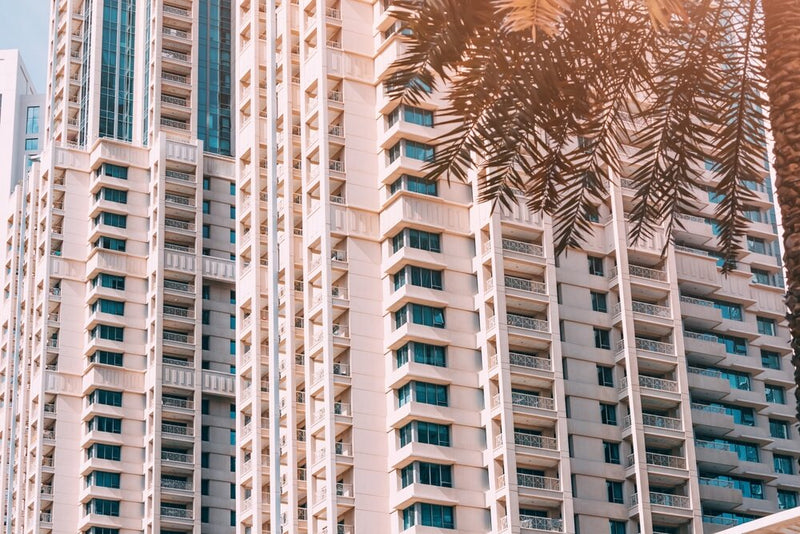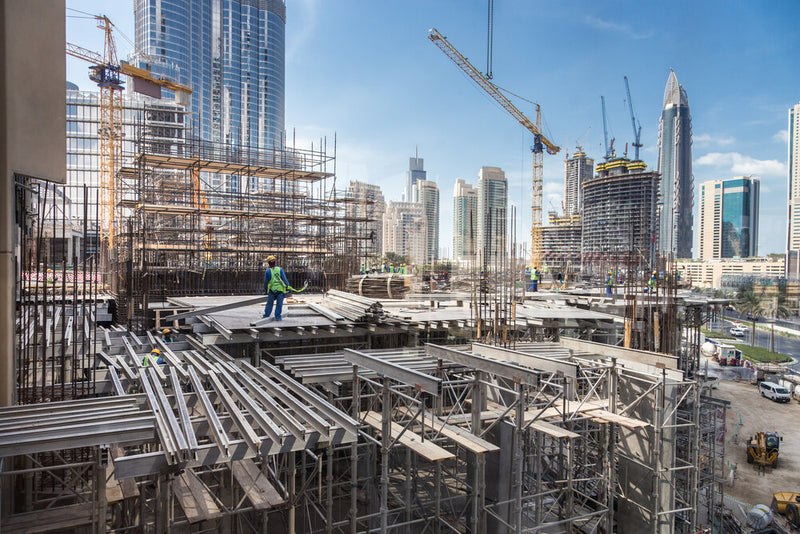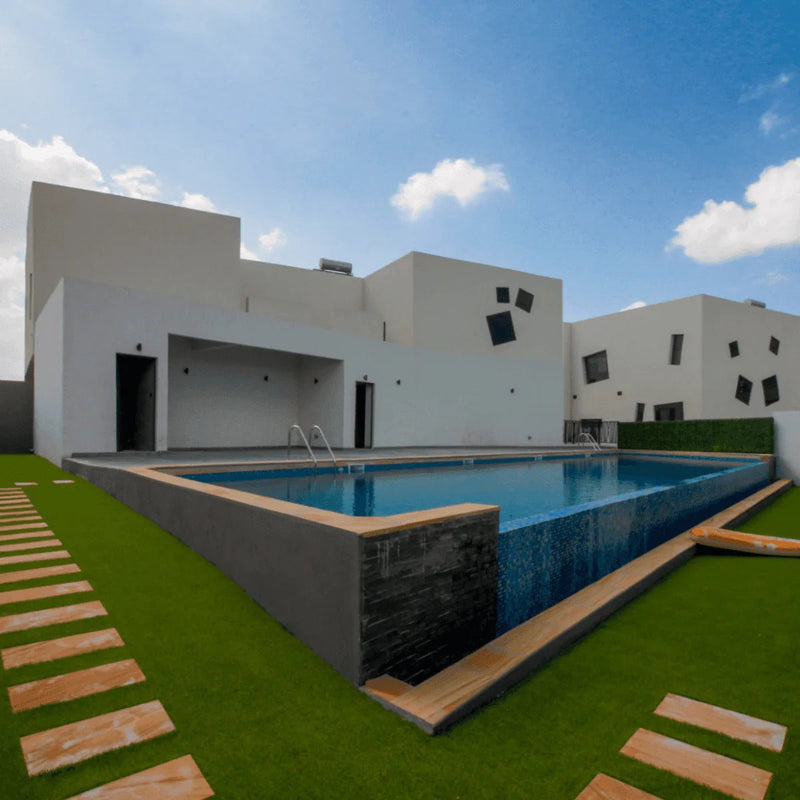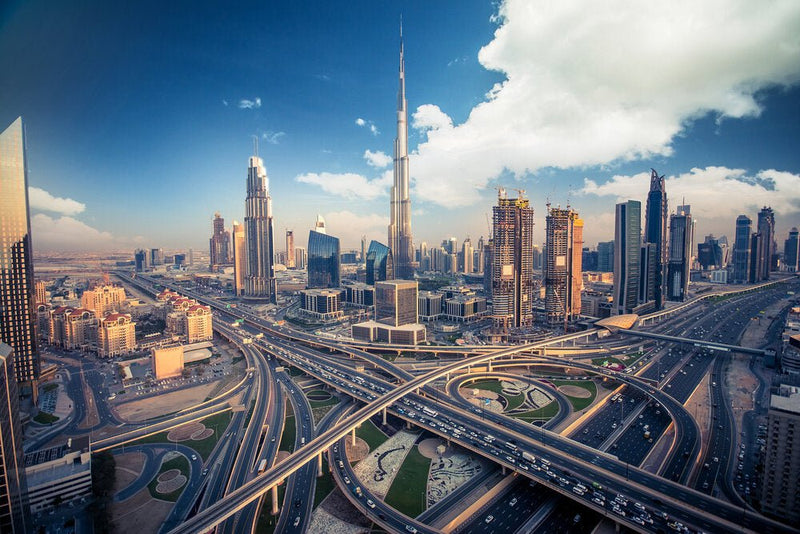Dubai, known for its stunning skyline and luxurious developments, has become a hotbed for real estate investment. Behind the glitz and glamor lies a well-defined legal and regulatory framework that governs the real estate sector. Whether you're a developer looking to embark on a new project or a prospective buyer interested in owning property in Dubai, understanding the legal and regulatory framework for real estate development in Dubai is necessary.
Legal Framework for Real Estate Development
What are the key regulations governing real estate development in Dubai?
Various laws and regulations govern Dubai's real estate development sector. The most prominent among them include:
- Dubai Land Department (DLD) Regulations: The DLD is the principal regulatory body overseeing real estate affairs in Dubai. It implements and enforces laws related to property registration, real estate brokerage, and escrow accounts to ensure transparency and security in transactions.
- Dubai Real Estate Regulatory Agency (RERA): RERA regulates the relationship between developers, buyers, and real estate intermediaries. It sets guidelines for off-plan property sales, oversees property management, and resolves disputes between parties.
- Freehold Ownership: In designated areas, non-citizens can acquire freehold property ownership. This right grants them complete ownership and allows them to sell, lease, or mortgage the property without restrictions.
-
Escrow Accounts: For off-plan property sales, developers must deposit funds in escrow accounts approved by RERA. This measure safeguards buyers' investments by ensuring funds are used exclusively for the designated project.
What are the requirements for obtaining a real estate development license in Dubai?
To operate as a real estate developer in Dubai, obtaining a development license is a fundamental requirement. Here's what you need:
- Company Registration: Establish a legal entity, typically a Limited Liability Company (LLC) or a Private Joint Stock Company (PJSC), and register it with the Department of Economic Development.
- Capital Requirements: Meet the minimum capital requirements as stipulated by the authorities. The exact amount may vary depending on the type of real estate development you intend to undertake.
- Qualified Management: Ensure that your company has a qualified and experienced management team with expertise in the real estate sector.
-
Project Approval: Submit your proposed development project to the relevant authorities, providing all necessary documentation and complying with zoning and building regulations.
What is the process for obtaining planning permission for a real estate development project in Dubai?
The process for obtaining planning permission in Dubai involves several stages:
- Concept Design: Prepare a concept design of the development project, outlining its scope, purpose, and design specifications.
- Submit Application: Submit the concept design and relevant documents to the Dubai Municipality for initial review.
- Technical Review: The Dubai Municipality and other relevant authorities conduct a thorough technical review of the project to ensure compliance with building codes and regulations.
-
Final Approval: Upon successful review, you will receive the necessary planning permission to proceed with the project.
What are the requirements for construction of real estate development projects in Dubai?
The construction of real estate development projects in Dubai must adhere to specific requirements:
- Licensed Contractors: Engage only licensed contractors registered with the Dubai Municipality to conduct construction work.
- Quality Standards: Comply with the rigorous quality and safety standards set by the authorities to ensure the longevity and safety of the structure.
- Environmental Compliance: Implement eco-friendly practices and meet the environmental standards set by the authorities.
-
Inspections: Regular inspections will be conducted during the construction phase to ensure regulation compliance.
How Do Real Estate Developers Obtain the Necessary Approvals and Licenses for Their Projects?
Obtaining approvals and licenses for real estate projects in Dubai involves a systematic approach:
- Engaging Consultants: Real estate developers often hire experienced consultants who are well-versed with the local regulations to guide them through the approval process.
- Application Submission: Developers submit comprehensive applications with all required documents to the relevant authorities.
- Coordination with Authorities: There might be a need for coordination with multiple authorities, such as the Dubai Municipality, DLD, and RERA, to secure necessary approvals.
-
Timelines and Follow-ups: Be prepared for a timeline for approvals and regular follow-ups to ensure a smooth process.
Property Use Regulations in Dubai
Specific regulations govern the usage of property in Dubai:
- Land Use Categories: Dubai classifies land into various use categories, such as residential, commercial, industrial, and mixed-use, each with restrictions and regulations.
- Leasing Laws: Property rental laws in Dubai are well-defined, providing landlords and tenants with clear guidelines on their rights and responsibilities.
- Commercial Licenses: Businesses intending to operate on leased property must obtain the necessary commercial licenses.
-
Short-term Rentals: Property owners must adhere to additional regulations and obtain the required permits for short-term rentals through platforms like Airbnb.
Taxation of Real Estate Development in Dubai
Dubai offers a favorable tax environment for real estate development:
- Property Transfer Tax: Dubai does not levy property transfer taxes, making it an attractive option for investors.
- VAT: While there is a VAT (Value Added Tax) applicable to specific services in Dubai, residential properties are exempt from VAT.
-
Rental Income Tax: Rental income is generally not subject to taxation in Dubai. However, tax laws may differ for corporate entities and individuals.
Property Ownership Rights in Dubai
- Freehold Ownership: Non-citizens can acquire freehold property ownership in designated areas, granting them complete ownership rights.
- Leasehold Ownership: Leasehold ownership allows non-citizens to lease property for a specified period, usually 99 years, granting them specific rights during the lease period.
-
Joint Ownership: Multiple individuals can jointly own a property, each with a defined share in the ownership.
Let's Get Started!
Understanding the Dubai real estate laws and regulations landscape is crucial. Whether you are a developer, investor, or prospective buyer, compliance with Dubai's real estate laws is essential for a successful and hassle-free experience. If you're ready to kickstart your real estate journey in Dubai, visit GAMMA Real Estate's property development and sales page for expert guidance and exceptional service. Start your venture today and unlock the limitless potential that Dubai's real estate market has to offer.



